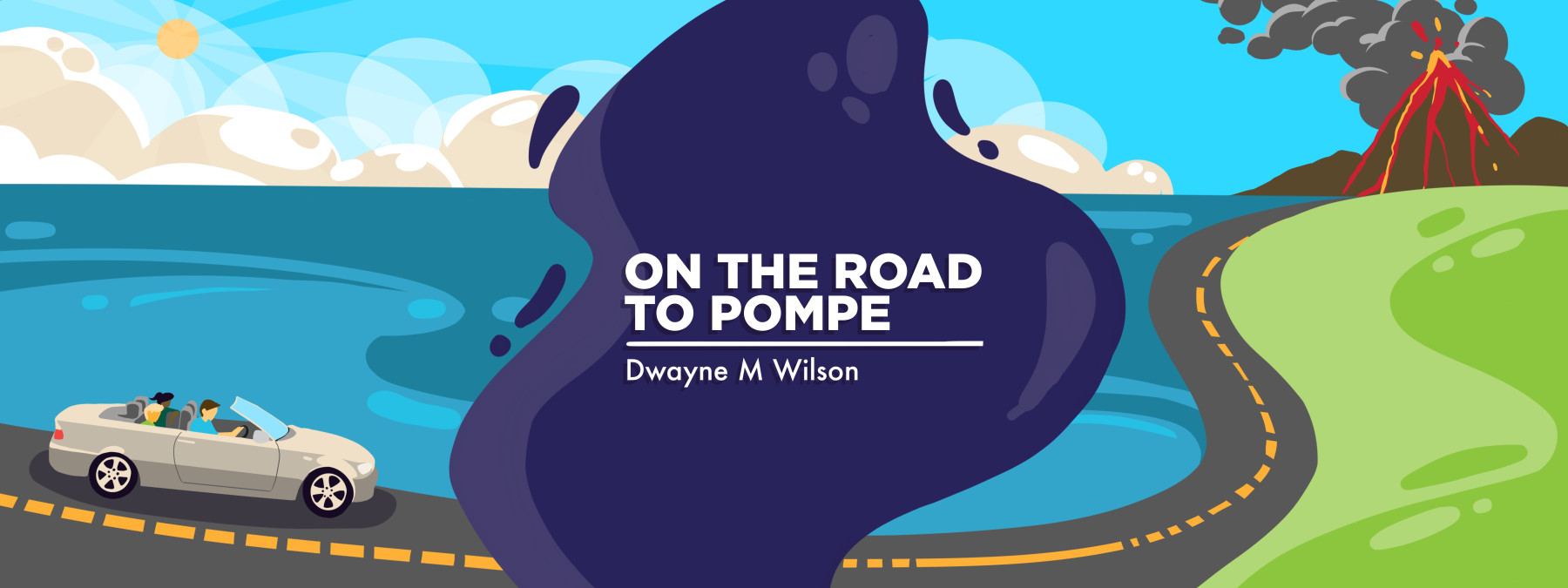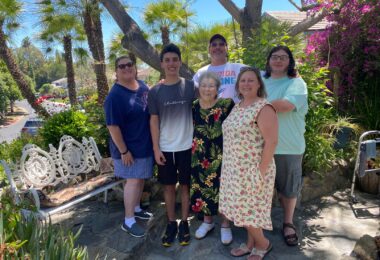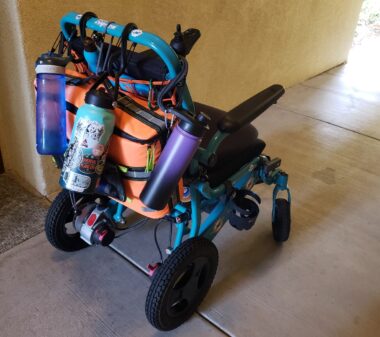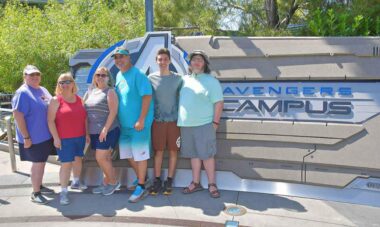Enjoying summer adventures with Pompe requires additional planning
Finding a balance between what I want to do and what I'm capable of
Written by |

Life has been busy lately. My wife and I traveled to Spokane, Washington, in June for our son Devin’s high school graduation, and then our friends from Montana visited us in Southern California for a week. I also saw my neuromuscular specialist and did some routine six-month tests and assessments for my Pompe disease.
It’s been four years and eight months since I was diagnosed with late-onset Pompe. The one thing that hasn’t changed in that time is my mind. I have a Type C personality, which means my brain is constantly thinking. I’m always asking questions, planning, and researching things.
Although my thoughts keep me active and busy, my body tells me to do otherwise. I struggle to balance what I think I can do with what I should be doing. The level of muscle fatigue I’m experiencing at any given moment ultimately determines what I can do.
Learning my abilities and limitations has been a process, but I’ve been doing biweekly enzyme replacement therapy and physical therapy and gaining a better understanding of which foods fuel my body. It’s a full-time job managing Pompe disease and determining whether I have enough energy for the day or need to conserve some for later.

The Wilson family enjoys a Fourth of July barbecue at Brandon Manor in Laguna Niguel, California. Front row, from left: Darlynn Willy, Devin Wilson, Darlene Wilson, and Jean Gibson. Back row, from left: Dwayne Wilson and Dominick Wilson. (Courtesy of Dwayne Wilson)
At the beginning of July, two of our boys, Dominick and Devin, flew down to Southern California from Spokane to spend time with family. There was so much I wanted to do — paddleboarding, rock climbing, Universal Studios, Sea World — and the list was getting longer every day. My brain wanted to go to five different amusement parks in five days and mix in a physical therapy appointment with a hybrid assistive limb session to show Dom and Devin how cool their dad looks in a robot exoskeleton.
But there came a point when I realized I wouldn’t be physically capable of doing all those activities in a short amount of time. Whether I’m using my electric wheelchair or walking with my hiking stick, I’ve found that I need a rest day after each day of activity. Balance is essential for my Pompe body. I had to pick a few activities and go from there.
We decided we would visit Wild Rivers water park and Disney California Adventure Park and spend some chill time playing games on the PlayStation 5. In between, we could take a dip in the pool and rest. Each day was planned out.
The advantages of the Dolphinator
Using my electric wheelchair, which I call the “Dolphinator,” at an amusement park has its benefits. Not only does it save me energy, but it also turns me into a pack mule. My wife is happy when she doesn’t have to carry everything.
Once we entered the water park, I secured the Dolphinator in the shade under a giant umbrella. Because I still have hybrid mobility, I was able to walk to the lazy river and the wave pool to enjoy the sun with my boys. Throughout the day, I’d go back to my wheelchair to sit down and relax. The water park chairs are too low for me; I’d burn all my energy trying to get out of them!

The Dolphinator is loaded with a cooler and water bottles for a day at Disney California Adventure Park in Anaheim, California. (Photo by Dwayne Wilson)
At Disney California Adventure Park, we attached a cooler to the Dolphinator and brought along 12 water bottles, protein bars, cheese sticks, and electrolyte powder to help offset the cost of water and snacks. The four hooks on the back of my wheelchair allowed us to hang metal water bottles, backpacks, and bags. The pouch under the seat held sunscreen and a portable battery charger, all of which made for a more convenient and fun outing for everyone.
Using my Dolphinator allowed me to participate from 8 a.m. till 11 p.m. and still feel well enough to drive home. I was able to stay in my wheelchair for a few rides and transfer into the ride vehicle for others. The day was enjoyable, as I got to spend time with my family.

The Wilson family enjoys the Avengers Campus at Disney California Adventure Park. (Courtesy of Dwayne Wilson)
I work hard not to let Pompe disease limit what I want to do. It only affects how I accomplish those adventures and activities. I must think outside the box to keep enjoying life to the fullest. No one knows what’s around the next turn, yet I keep traveling onward “On the Road to Pompe.”
Note: Pompe Disease News is strictly a news and information website about the disease. It does not provide medical advice, diagnosis, or treatment. This content is not intended to be a substitute for professional medical advice, diagnosis, or treatment. Always seek the advice of your physician or other qualified health provider with any questions you may have regarding a medical condition. Never disregard professional medical advice or delay in seeking it because of something you have read on this website. The opinions expressed in this column are not those of Pompe Disease News or its parent company, Bionews, and are intended to spark discussion about issues pertaining to Pompe disease.







Leave a comment
Fill in the required fields to post. Your email address will not be published.